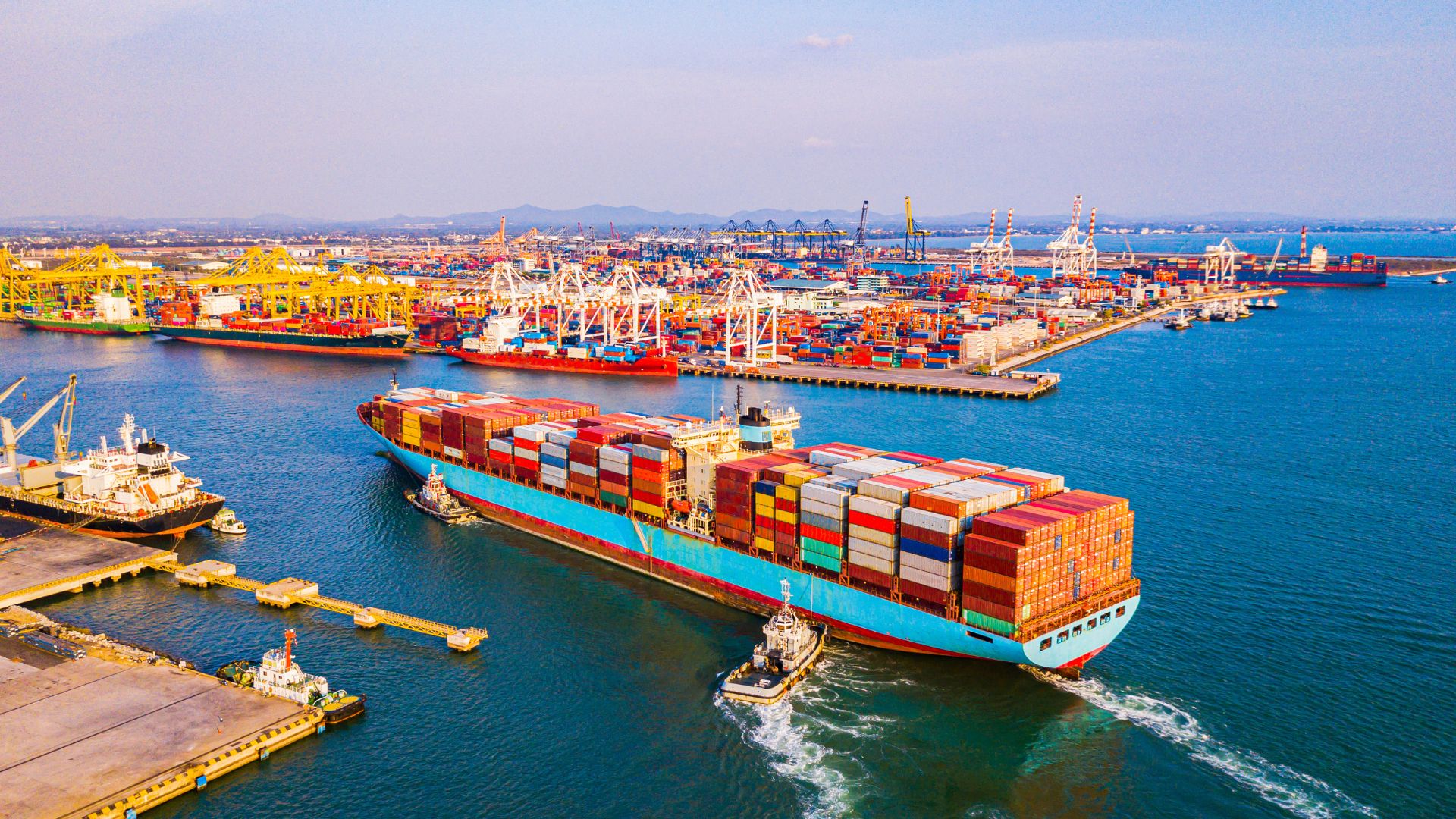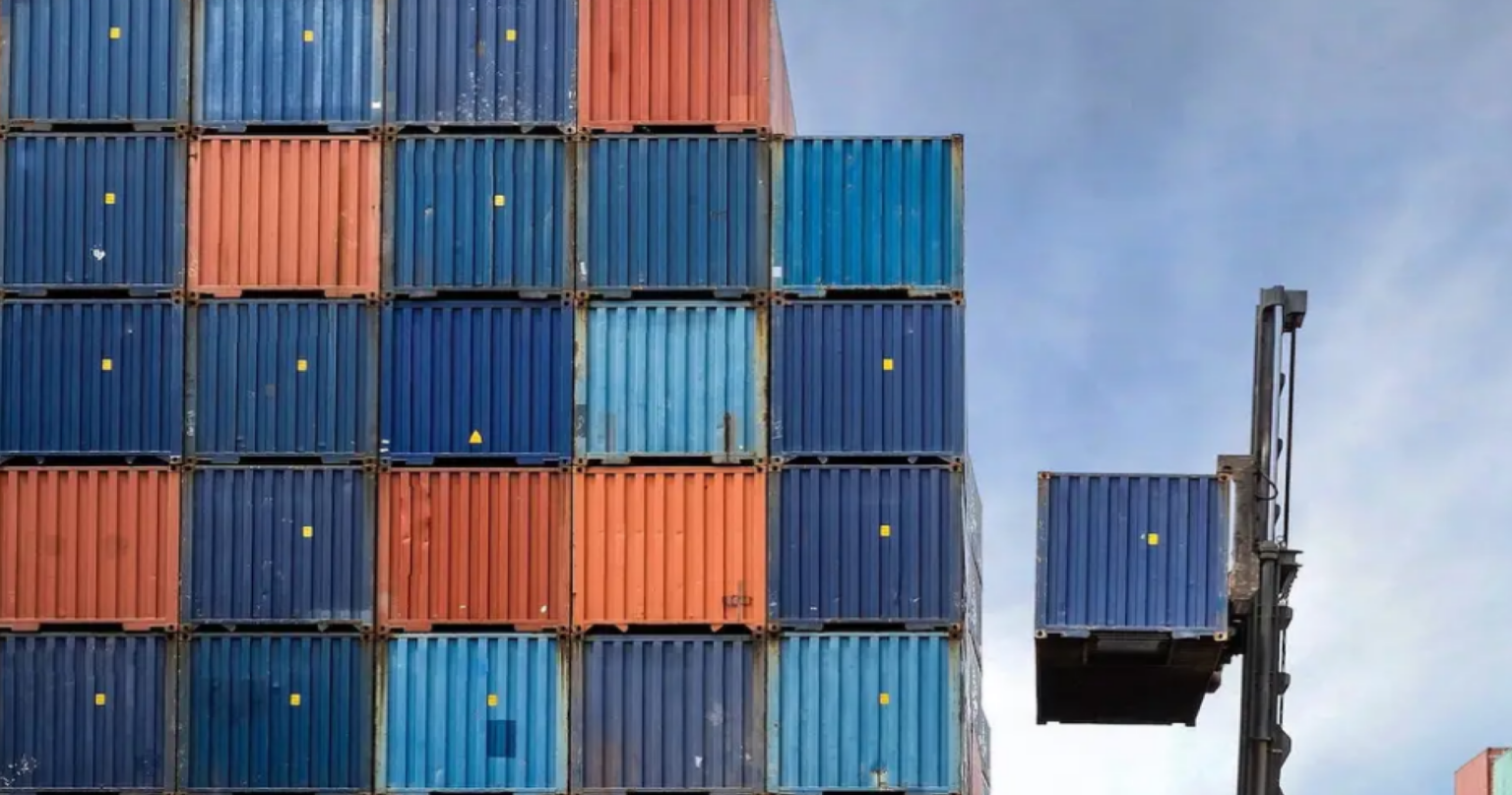An import “detention” occurs when FDA (or U.S. Customs and Border Patrol, acting for the FDA), in examining an FDA-regulated product offered for import, halts the entry for further examination. Further examination often requires laboratory analysis or scientific and technical data concerning the product. Import detentions are costly even where the product ultimately is released by FDA and allowed entry to the United States. The process delays shipments, complicates logistics and often adds storage costs. In addition, the Food Safety Modernization Act (FSMA), passed in 2011, authorizes FDA to charge importers and exporters for FDA’s costs in connection with some detentions.
Import “detentions” end in one of two ways. Either the product is released and allowed entry to the United States, or it is refused entry. An import “refusal” occurs when FDA determines that the product will not be allowed entry to the United States. At that point, the product must be shipped elsewhere or destroyed.
Obviously, importers and exporters should endeavor to avoid detentions, if possible. However, many detentions are unavoidable. If an imported product is detained, importers and exporters should take appropriate action so that FDA does not refuse entry.
For companies faced with a detention, it is critical to act properly. We recommend the following immediate actions:
1) First, gather the facts about the detention. Do not argue with FDA or the inspector who detained your product. Do not respond to the detention charges until you have gathered all of the facts about the detention and are aware of the FDA’s concerns. Be aware that it may be impossible for you to objectively view the situation from the position of the FDA inspector who detained your product and that you may not know all the nuances of a particular FDA regulatory requirement. Failure to appreciate the nuances of FDA detentions could cause you to inadvertently make matters worse. If the shipment has more than nominal value, it is worthwhile to retain a professional consultant familiar with the FDA and its procedures (like Registrar Corp) to assist with your detention, rather than attempt to resolve the issue without such assistance. Note to non-U.S. exporters: If you have retained Registrar Corp as your facility’s U.S. Agent for FDA communications, assistance with detentions may be provided at no additional cost (depending on the reason for the detention); simply contact your Registrar Corp Regulatory Adviser as soon as you learn the shipment is detained. Please contact Registrar Corp before you speak with FDA about the detention.
2) Upon detaining a shipment, FDA will issue a written document called the “Notice of Action” to the importer of record and to the customs broker who filed the entry. The Notice of Action will present the formal reasons why the products have been detained and will identify which section of the law FDA charges may have been violated. These are the detention charges to which you must respond — with documentary proof, not bombast. As shown by the statistics released by FDA (see December 8th blog), FDA may release detained products upon receipt of sufficient proof rebutting the charge stated by the Notice of Action. The Notice of Action will set a deadline for your response, called the “Respond By” date. That deadline should be taken seriously. If it passes without extension, it will be too late to avoid refusal even for admissible goods!
3) Contact Registrar Corp for immediate assistance, even if Registrar Corp is not designated as U.S. Agent for your facility. Simply phone: +1-757-224-0177 or contact via Live Help: https://www.registrarcorp.com/livehelp








